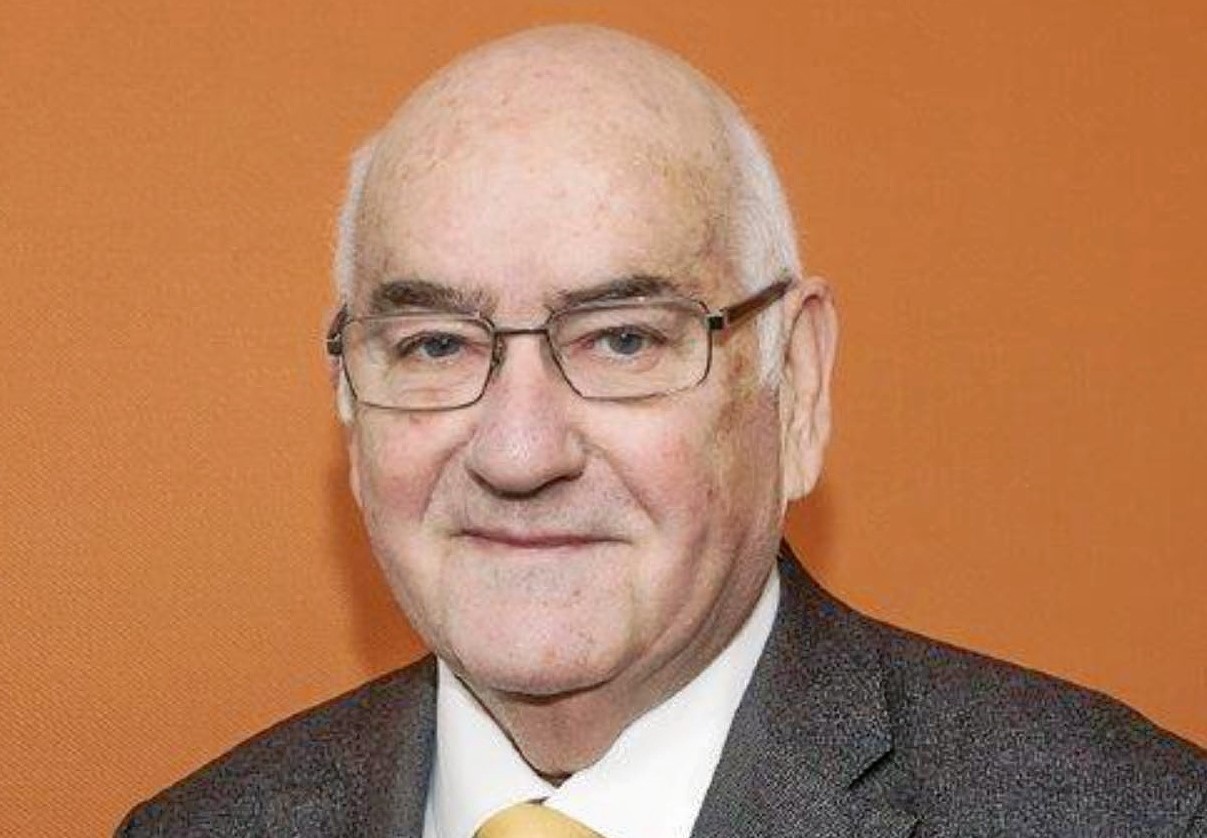Jürgen Trabant: What language for Europe?
Prof. Dr. Jürgen Trabant, appointed Professor of Linguistics at the Institute of Romance Philology of the Free University of Berlin in 1980, visiting professor at Stanford University, at the University of California, Davis, at the École des Hautes Études en Sciences Sociales (EHESS) in Paris as well as at the Universities of Limoges, Bologna, Brasília



